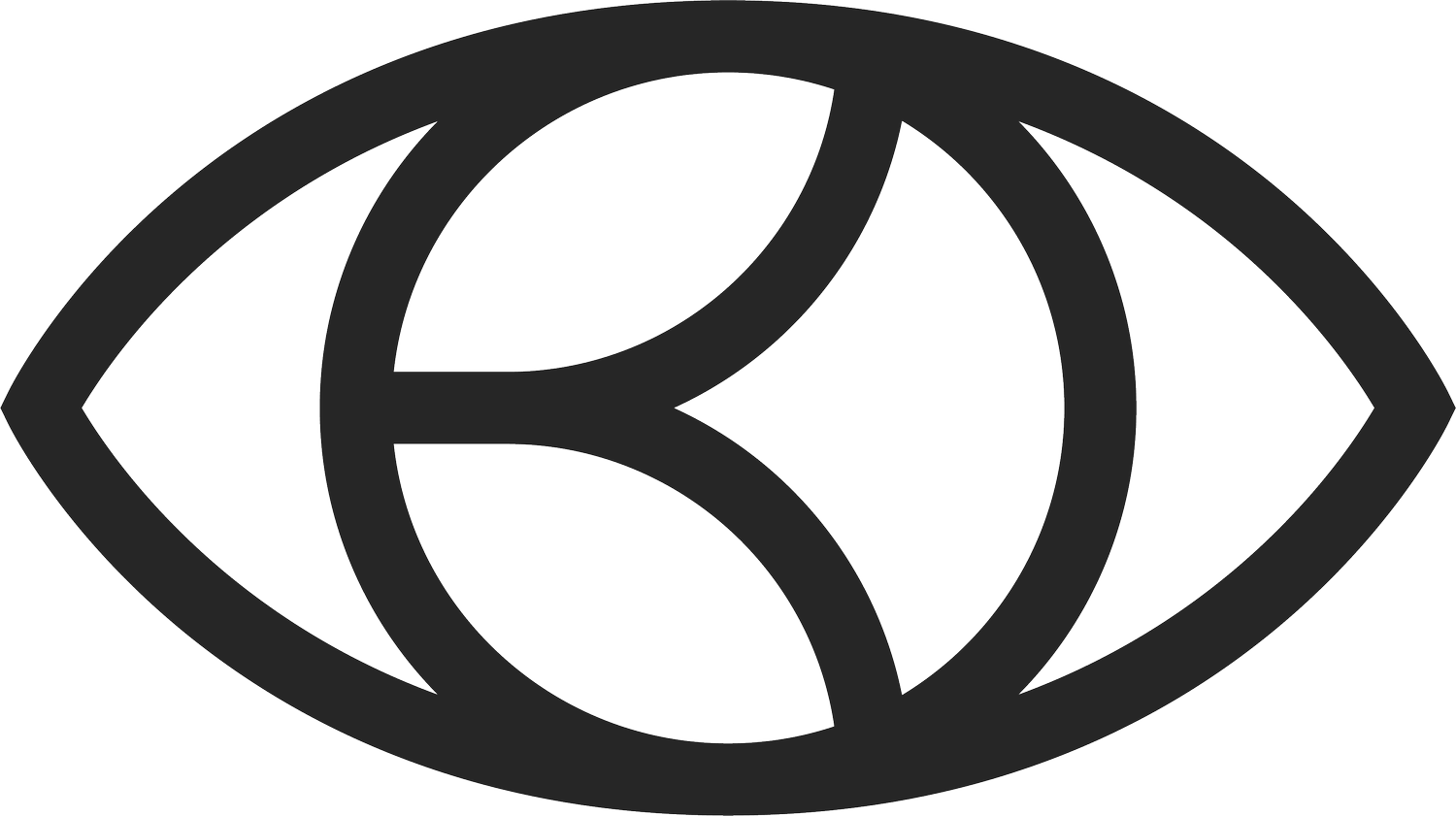Equality Diversity Inclusion Policy
Our Commitment
The BKF has a strong commitment to equality for all regardless of gender, gender reassignment, race, age, religion or belief, sexual orientation, marriage and civil partnership, pregnancy and maternity or disability.
This policy also includes our practice for delivering workshops, exhibitions, events and presentations to the general public.
Our aim is that an environment created by the BKF for events, exhibitions or other activity is free of harassment and bullying and that everyone is treated with dignity and respect.
Our continued success is dependent upon our ability to anticipate, understand, adapt and respond to the changing values, needs and expectations of our collaborators, community and of society generally and we take this under consideration at all points.
Our duties under the Equality Act 2010
The Equality Act defines the protected characteristics as being age, disability, sex, gender reassignment, pregnancy, maternity, race (which includes colour, nationality, caste and ethnic or national origins), sexual orientation, religion or belief, or because someone is married or in a civil partnership.
When we make decisions, we have a duty under the Equality Act 2010 to have due regard to the need to:
eliminate discrimination, harassment and victimisation
promote equality of opportunity
foster good relations between people from different groups
Types of Unlawful Discrimination
Direct discrimination is where a person is treated less favourably than another because of a protected characteristic. However discrimination may be lawful if there is an occupational requirement which is core to a role and a proportionate means of achieving a legitimate aim.
Indirect discrimination means putting in place, a rule or policy or way of doing things that has a worse impact on someone with a protected characteristic than someone without one, when this cannot be objectively justified.
Harassment is where there is unwanted behaviour related to a protected characteristic (other than marriage and civil partnership, and pregnancy and maternity) which has the purpose or effect of violating someone’s dignity or which creates a hostile, degrading, humiliating or offensive environment. It does not matter whether or not this effect was intended by the person responsible for the conduct.
Associative discrimination is where the individual treated less favourably does not have a protected characteristic but is discriminated against because of their association with someone who does e.g. the parent of a disabled child.
Perceptive discrimination is where the individual discriminated against or harassed does not have a protected characteristic but they are perceived to have a protected characteristic.
Third-party harassment occurs where an individual carrying out BKF duties is harassed by third parties such as service users, due to a protected characteristic.
Victimisation is treating someone unfavourably because they have taken some form of action relating to the Equality Act i.e. because they have supported a complaint or raised a grievance under the Equality Act 2010, or because they are suspected of doing so. However, a person is not protected from victimisation if they acted maliciously or made or supported an untrue complaint.
Failure to make reasonable adjustments is where a rule or policy or way of doing things has a worse impact on someone with a protected characteristic compared with someone who does not have that protected characteristic and BKF has failed to make reasonable adjustments to enable the disabled person to overcome the disadvantage.
Service Users, Suppliers and Others
We shall not discriminate unlawfully against service users, using or seeking to use the services we provide. If you are bullied or harassed by a service user, supplier, contractor, visitor, or others, or if you witness someone else being bullied or harassed, please report this to the Chairperson who will take appropriate action.
If you witness what you believe to be discrimination you should report this to the Chairperson as soon as possible. For this process, see Appendix 1.
Monitoring and Review
This policy will be monitored every year to judge its effectiveness and will be updated in accordance with changes in the law. We will report to the Board of Trustees on any actions or activities undertaken to improve equality of opportunity. Any information provided for monitoring purposes will be used only for these purposes and will be dealt with in accordance with the Data Protection legislation (see our Data Protection Policy).
Signed:
Date:
APPENDIX 1
Process for reporting and resolving acts of discrimination, harassment and victimisation.
If you, feel the BKF Equality and Diversity Policy has been broken or not adhered to, this should be reported to the Chairman, Alison Harley, in writing as soon as possible. Contact details - alison.harley@bernatkleinfoundation.org
Your complaint will be acknowledged in writing within 14 days.
Your complaint will be investigated and you will be involved with this process and kept informed about its progress.
BKF will aim to resolve the complaint with 6 weeks. If resolution is not achievable, a third party would be brought in to assist with the process.
If the complaint is against the Chairman, you should approach another Board Member – contact details for the Secretary, maggie.marr@bernatkleinfoundation.org

